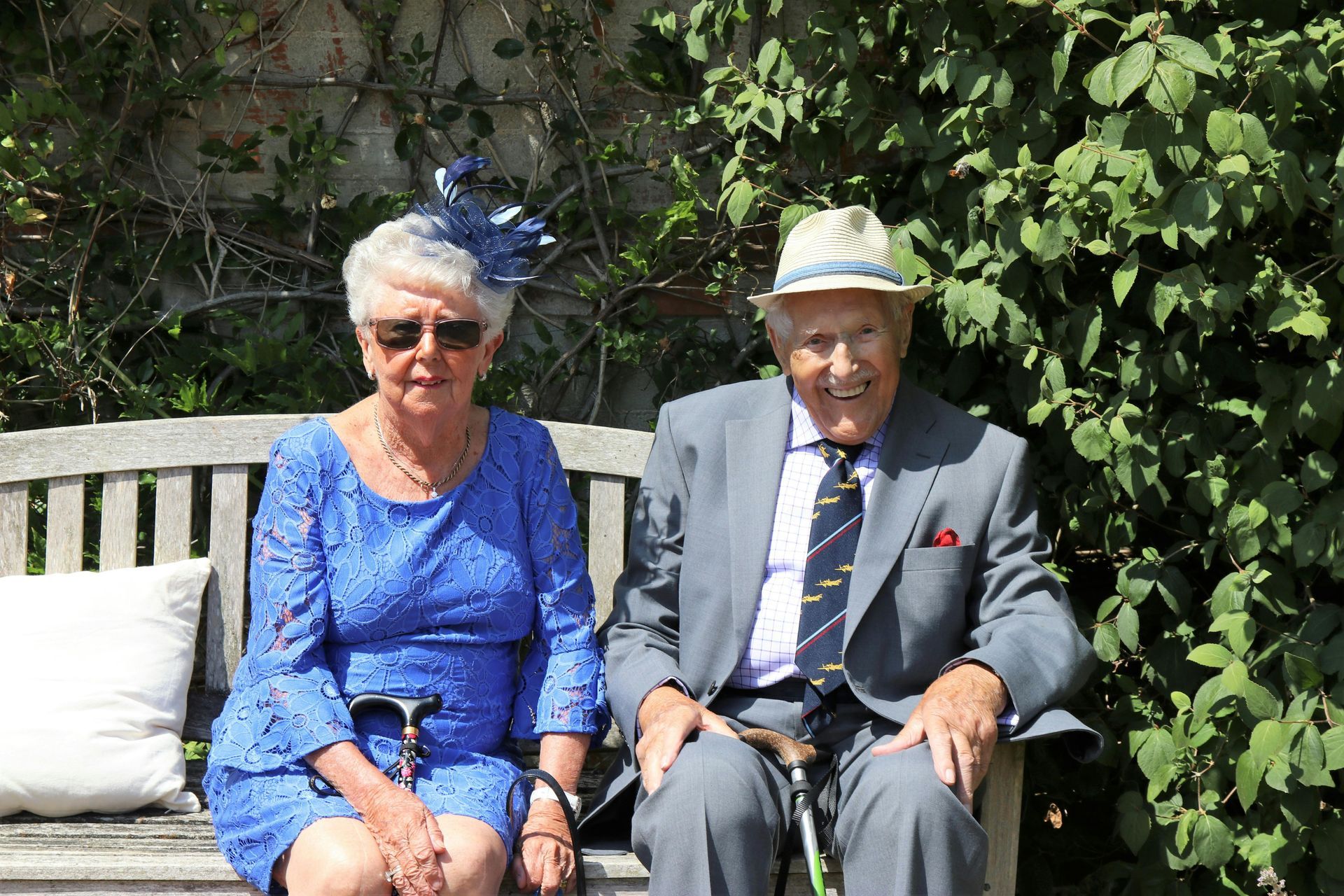Elder Abuse Attorney in Lodi, CA
Understanding The Role of an Elder Abuse Attorney

As the population ages, the sad reality of elder abuse has become increasingly prevalent. This issue can take many forms, including physical, emotional, financial, and neglect. For those who suspect that a loved one may be suffering from elder abuse, seeking legal advice from an experienced elder abuse attorney in Lodi, CA is an essential step towards ensuring the safety and well-being of the vulnerable individuals involved.
What is Elder Abuse?
Elder abuse refers to any intentional or negligent act by a caregiver or other person that causes harm or serious risk of harm to a vulnerable adult. This can manifest in various ways, including:
- Physical Abuse: Inflicting physical pain or injury.
- Emotional Abuse: Inflicting mental pain or distress through verbal abuse or intimidation.
- Financial Exploitation: Misappropriating funds or assets belonging to the elderly individual.
- Neglect: Failing to provide essential care, which can lead to serious physical or emotional harm.
Why Hire an Elder Abuse Attorney?
1. Expertise in Legal Matters: An elder abuse attorney has specialized knowledge about the laws and regulations regarding elder rights and protections. They can guide you through the complexity of the legal system and help you understand your options.
2. Investigation and Evidence Gathering: Proving elder abuse can be challenging without proper evidence. An experienced attorney can conduct a thorough investigation, gathering necessary documentation and witness testimonies to support your case.
3. Advocacy and Representation: Your attorney will advocate for your loved one’s rights, ensuring their safety and dignity are upheld. They can represent you in court or negotiation processes, working to achieve the best possible outcome.
4. Emotional Support: Dealing with cases of elder abuse can be emotionally draining. An attorney not only provides legal support but can also offer guidance and reassurance during a tremendously challenging time.
How to Choose the Right Attorney
When selecting an elder abuse attorney in Lodi, CA, consider the following:
- Experience: Look for an attorney who has a strong record in handling elder abuse cases.
- Reputation: Check reviews, references, and testimonials to gauge the attorney’s credibility and past successes.
- Personal Connection: Choose someone who demonstrates empathy and understands the emotional nature of these cases. You want to feel comfortable discussing sensitive situations.
Next Steps
If you suspect that someone you care for is experiencing elder abuse, do not wait. The sooner you act, the better the chances of preventing further harm. Contacting Rosā Law Offices in Lodi, CA, can be your first step in ensuring justice for your loved one.
For personalized guidance and support, you can reach out to Rosā Law Offices in Lodi at (209) 333-8061. Don’t hesitate to take that crucial step toward protection and advocacy for the vulnerable members of our community. Together, we can work to promote awareness and stop elder abuse in its tracks.
Our Recent Blog Articles




